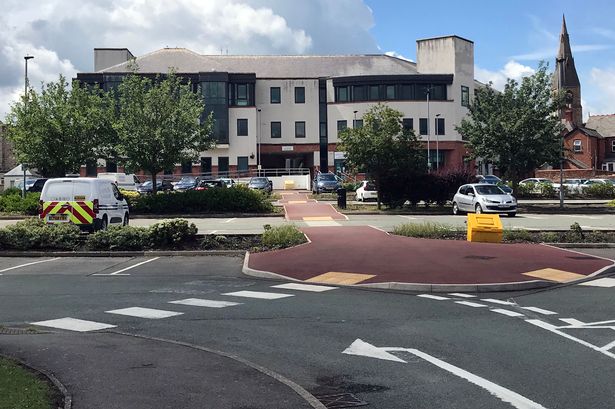DENBIGHSHIRE County Council has confirmed that a decision on the allocation of £26.5m of funding for community projects has been called in.
Last week, the council’s cabinet voted that a shortlisting process allocating the Government’s UK Prosperity Fund was fair and open.
Councillors then discussed individual projects and decided which funds would be allocated and where behind closed doors.
But five worried councillors called in the decision, meaning it must now be re-debated at scrutiny level.
The councillors, including Cllr Huw Hilditch-Roberts, argued the process was not transparent enough and claimed there was no clear process in place for the allocation of the funds.
Now the council has admitted the matter has been officially called in and explained how the process will be re-debated.
A council spokeswoman said: “We can confirm that at the end of yesterday (May 2) the call-in reached the required number of signatories and will be considered at Partnerships Scrutiny on 18 May. The call-in relates to the application and shortlisting process for the Shared Prosperity Fund.
“Scrutiny may decide to confirm the original decision or refer it back to cabinet and ask cabinet to review their decision. If the matter is referred back, cabinet will consider any recommendation made by scrutiny and can either confirm their original decision or take a different decision. Once cabinet have considered any referral from scrutiny, there is no further call-in. If the matter is referred back to cabinet, it will be placed on the agenda of the cabinet meeting on 23 May.”
On Tuesday, Cllr Hilditch-Roberts said: “There is a lack of understanding of the application and shortlisting process.
“There is no evidence of a scoring matrix. There is not sufficient evidence on how projects have been awarded and approved and a lack of evidence aligning the process with the UK government guidelines.”



















